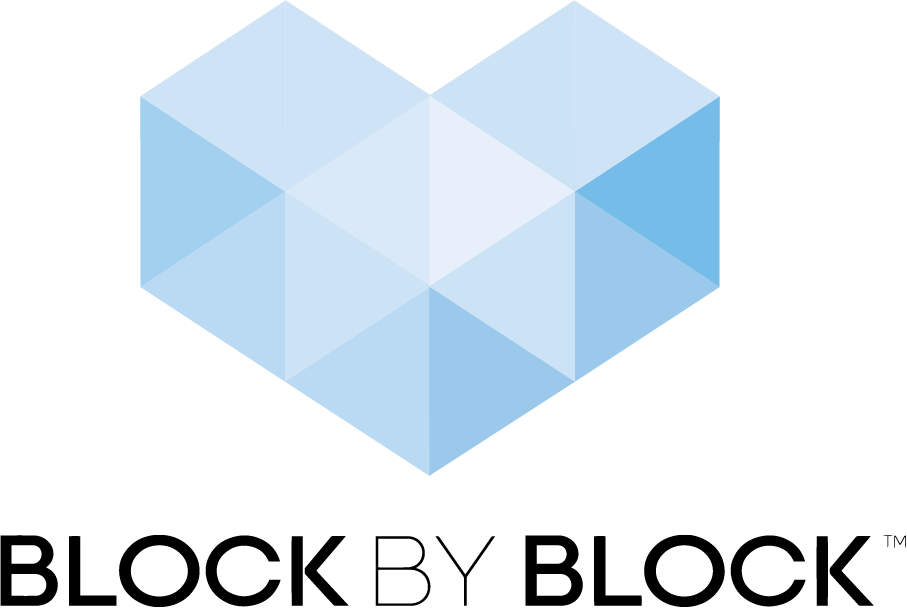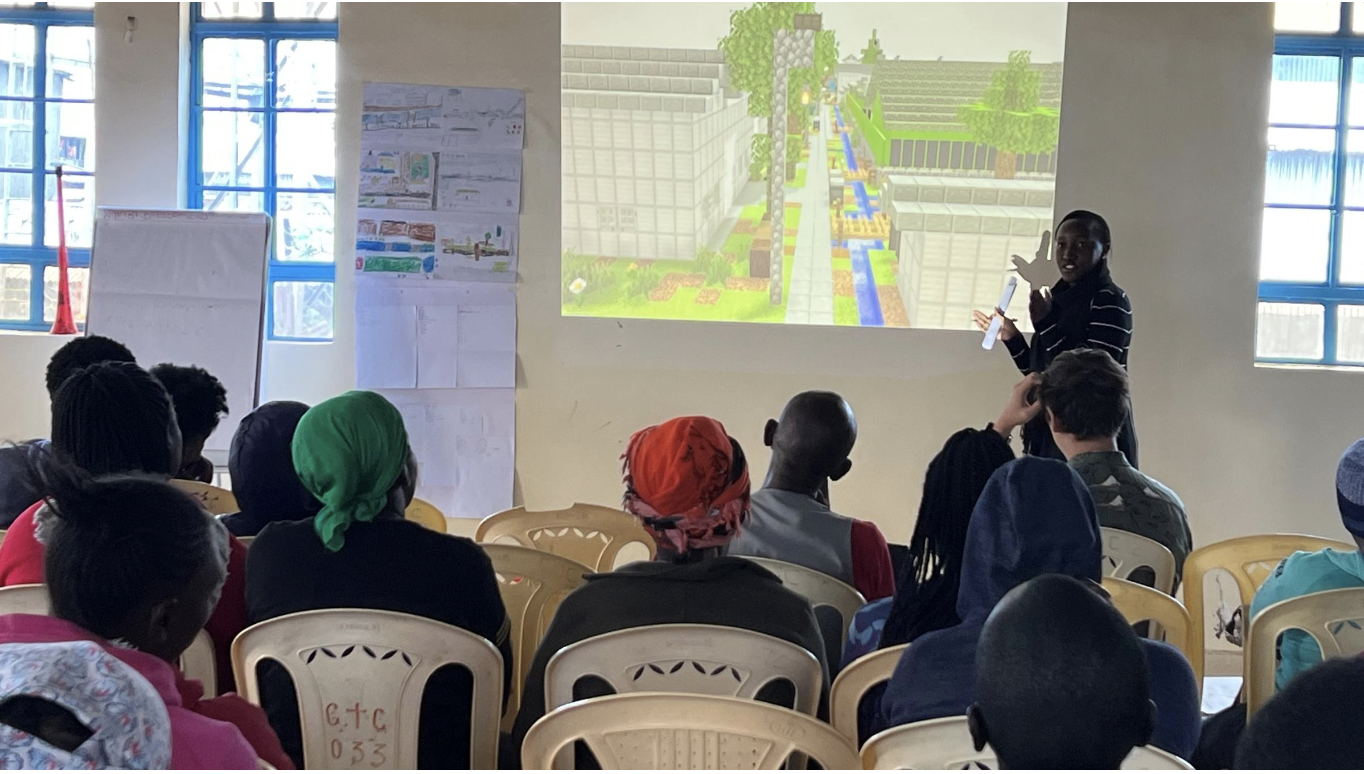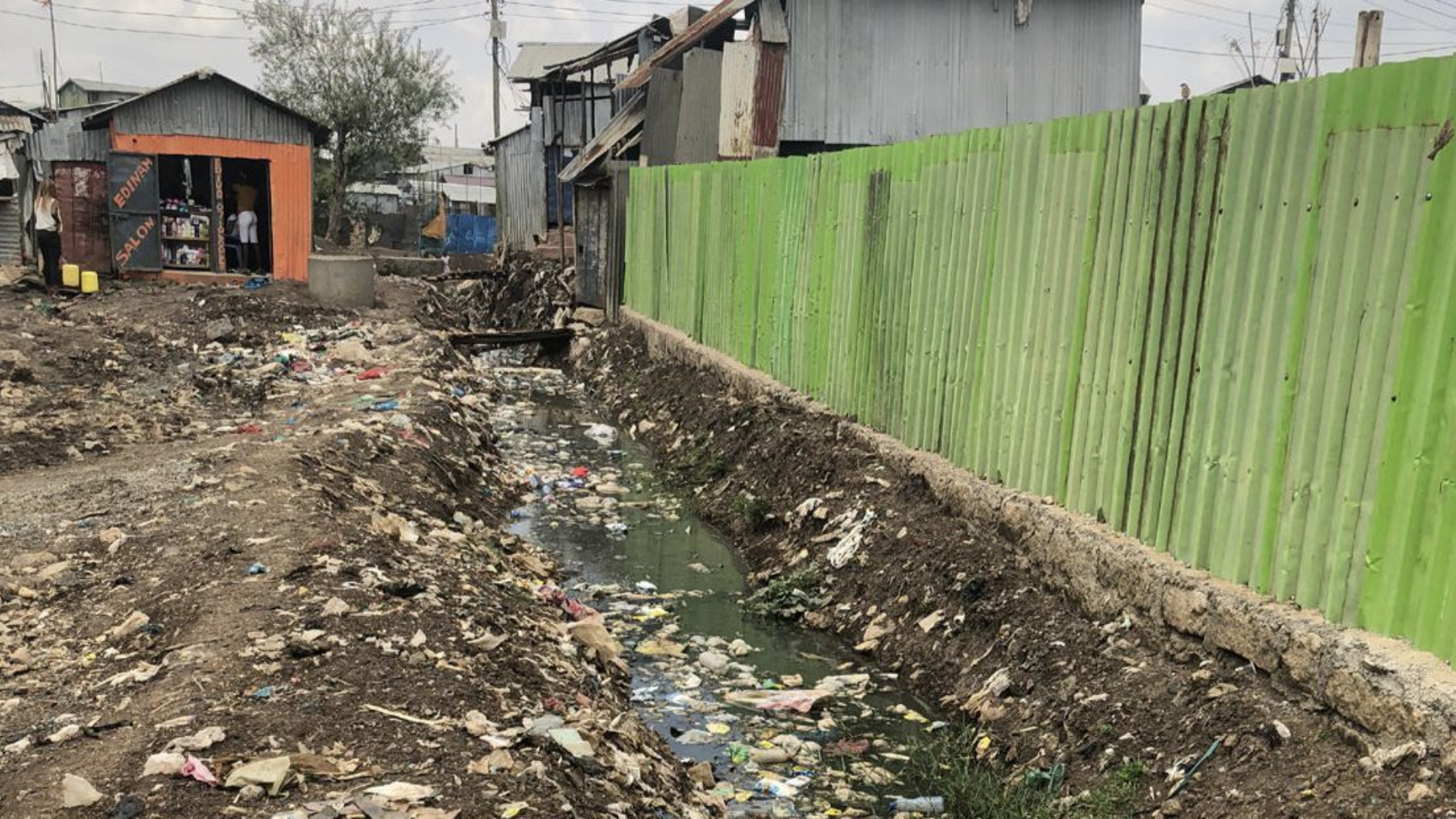Building Safe Public Spaces in Nairobi’s Mukuru Settlements
Building Safe Public Spaces in Nairobi’s Mukuru Settlements
The Mukuru area of Nairobi has long endured pollution, poor sanitation, and insufficient green spaces. Block by Block helped facilitate much-needed change.
Building Safe Public Spaces in Nairobi’s Mukuru Settlements
Nairobi, Kenya
Project type: Public space assessment and regeneration
Collaborators: UN-Habitat, Kounkuey Design Initiative (KDI), Mukuru Youth Initiative (MuYI)
Tags: accessibility, children and youth, clean water, climate change and environmental sustainability, cultural heritage, economic opportunity, education and schools, empowering women and girls, multigenerational use, public safety and security, public space assessment, rapid urbanization, refugees and migrants
Background
On the outskirts of Nairobi, Kenya, the Mukuru informal settlements are home to more than 300,000 people. Because of the nature of the settlements, the communities do not have adequate sanitation, waste management, green spaces, or general infrastructure, causing a host of environmental and health issues. This is especially true along the Ngong River. Choked with pollution from both the surrounding neighborhoods as well as nearby industry, the Ngong drains poorly and is prone to flooding as it winds its way to the Nairobi river. Combined with poor air quality and rising temperatures, the health and wellbeing of Mukuru’s residents is in jeopardy.
Partnering with UN-Habitat, Kounkuey Design Initiative (KDI), and the Mukuru Youth Initiative (MuYI), the Block by Block Foundation helped fund a dramatic regeneration of the riverbank and the creation of safe, inclusive, and welcoming public green spaces.
Drainage and wastewater challenges along the Ngong River
Building a Cleaner Riverbank, Block by Block
The Block by Block Methodology is built on the principle of community engagement. Starting with a series of workshops, Mukuru residents offered their insights on the river’s surroundings, and shared their hopes for its eventual renewal. Nearly 250 people attended six workshops and two Minecraft sessions, with the people of Mukuru leading the way, ensuring equitable inclusion of everyone in the community. And to emphasize the community-inclusive nature of the project, residents actively participated in all phases of construction, helping drive ownership, build real skills, and offer employment opportunities.
Mukuru residents participate in ideation and design sessions. Photos: KDI
“The introduction of Minecraft and bricks to the community is something that really changed how the community sees things. They were able to co-create the drainage and public space together and have it the way they want.”
Progress
The Mukuru Public Space Project used innovative nature-based and green interventions to address the area’s many environmental challenges. Enhanced sanitation infrastructure, stormwater management, and improved drainage now help mitigate Ngong River flooding, while creating a beautiful community-centric space. It has also fostered a community-wide sense of pride and stewardship, as residents actively contributed to the project's implementation and continue with its ongoing care. Mukuru residents are now more resilient to climate challenges and are empowered to continue to improve their community’s health and safety.
The community enjoying the fruits of their labor. Photos: KDI / Pascal Kipkemboi
“Thank you for the amazing work you have done at our school which is now flood free and extremely beautiful. Not to mention the outside play area, the upgraded drainage and the bridge to the school, which has now become iconic for photo sessions, especially for weddings happening in the community.”
Nature-based stormwater and drainage improvements at the adjacent Bridge International Academy. Photos: KDI / Pascal Kipkemboi









